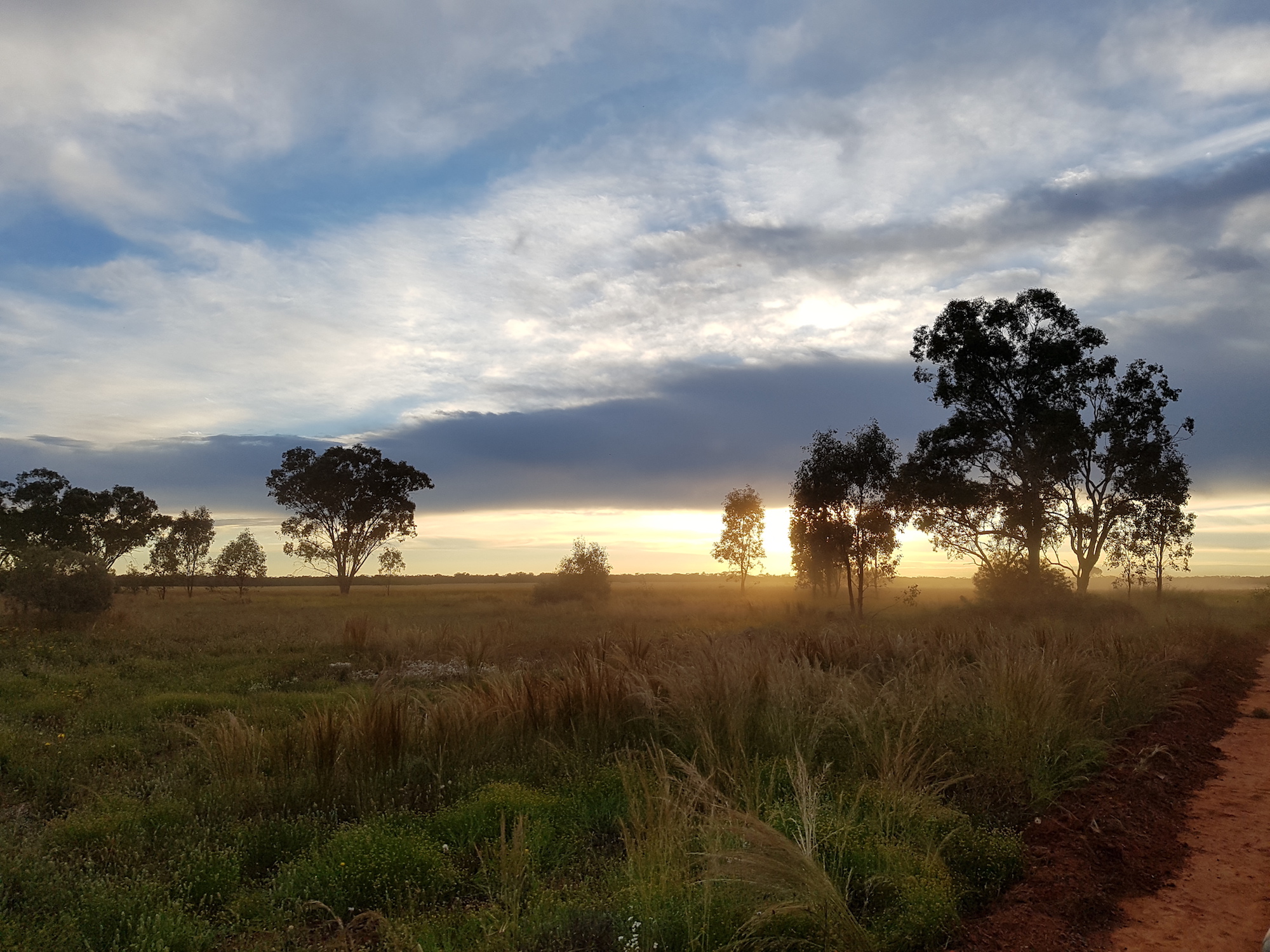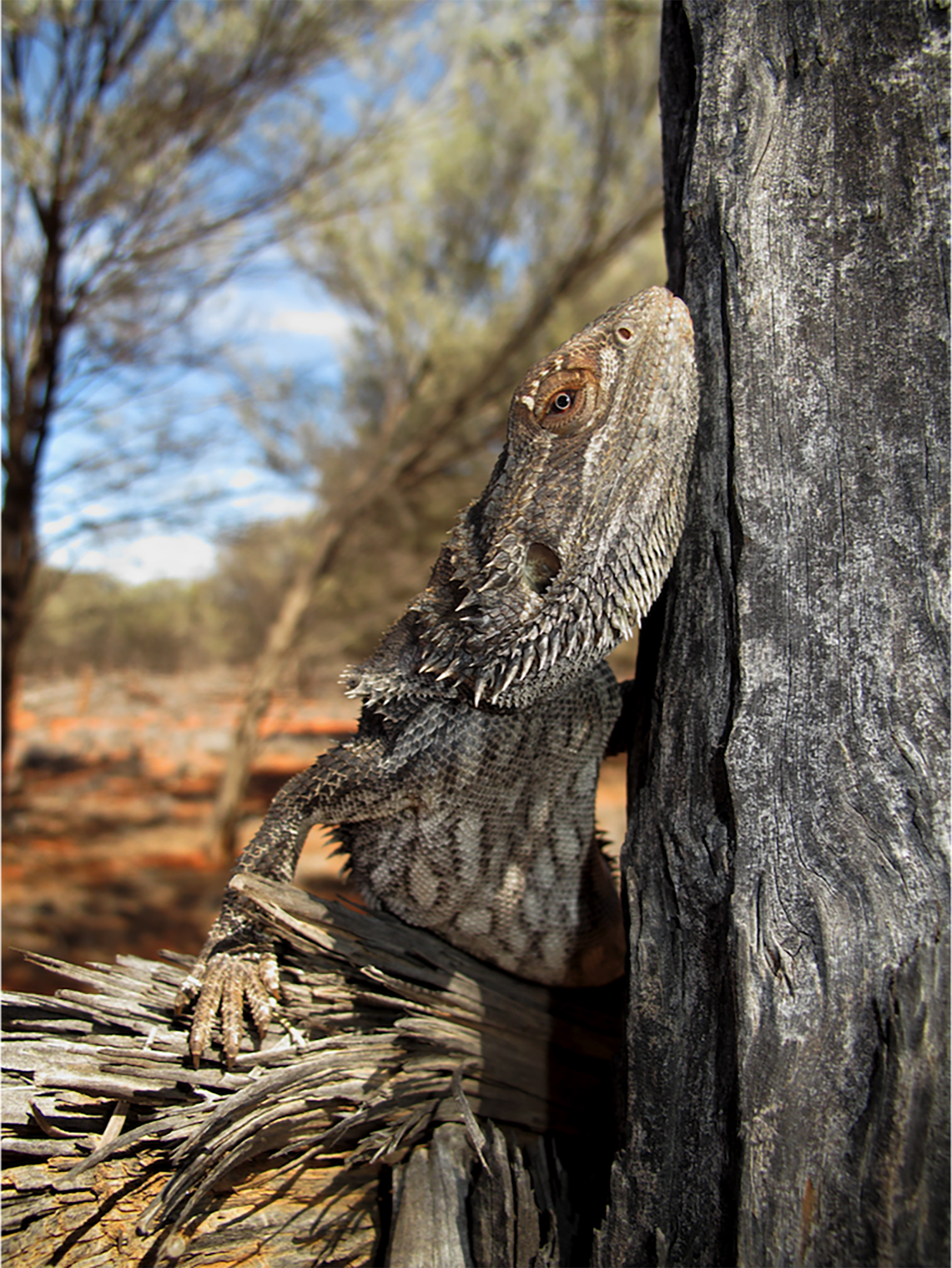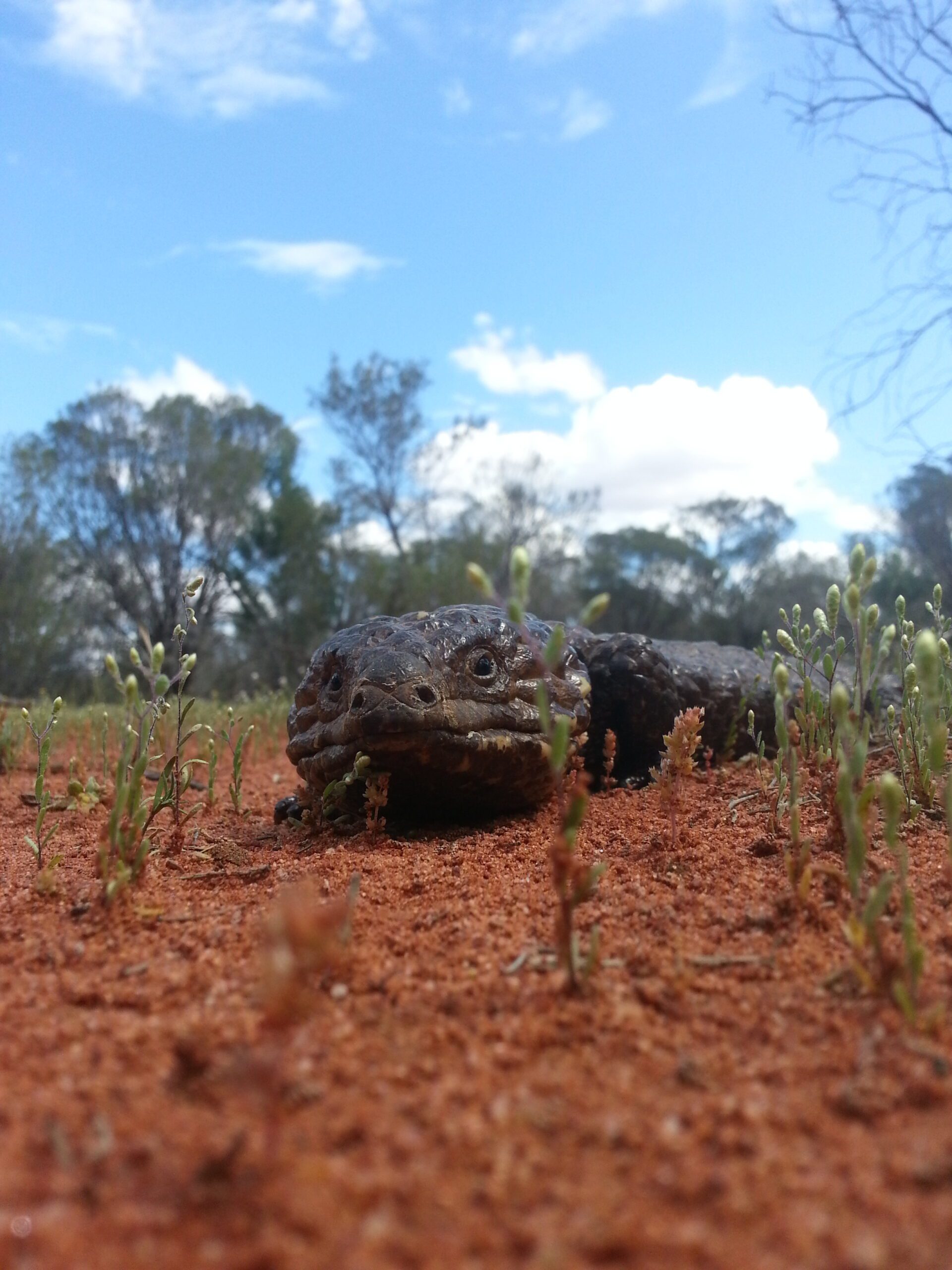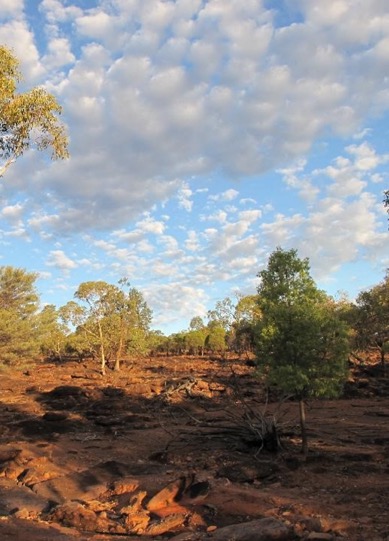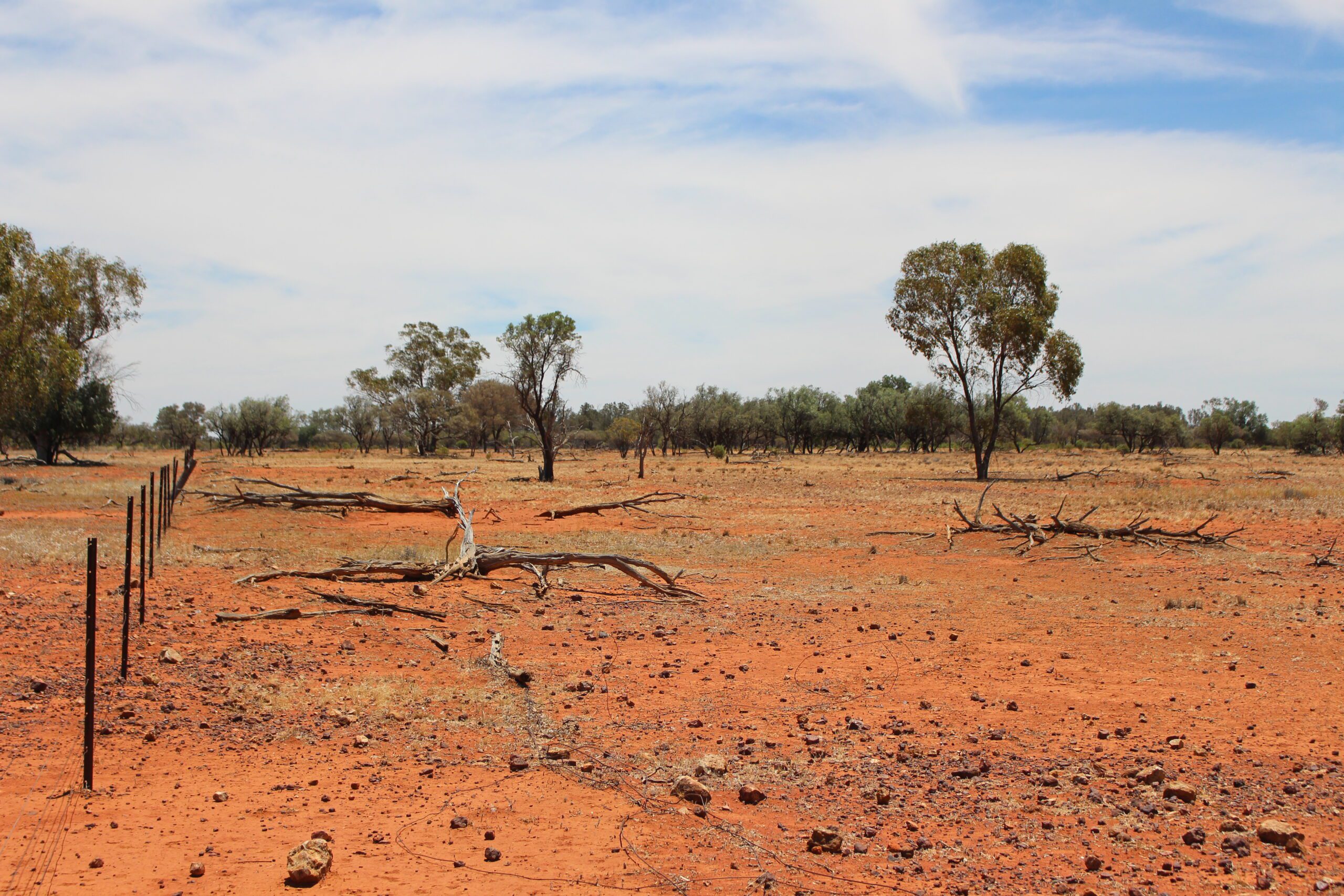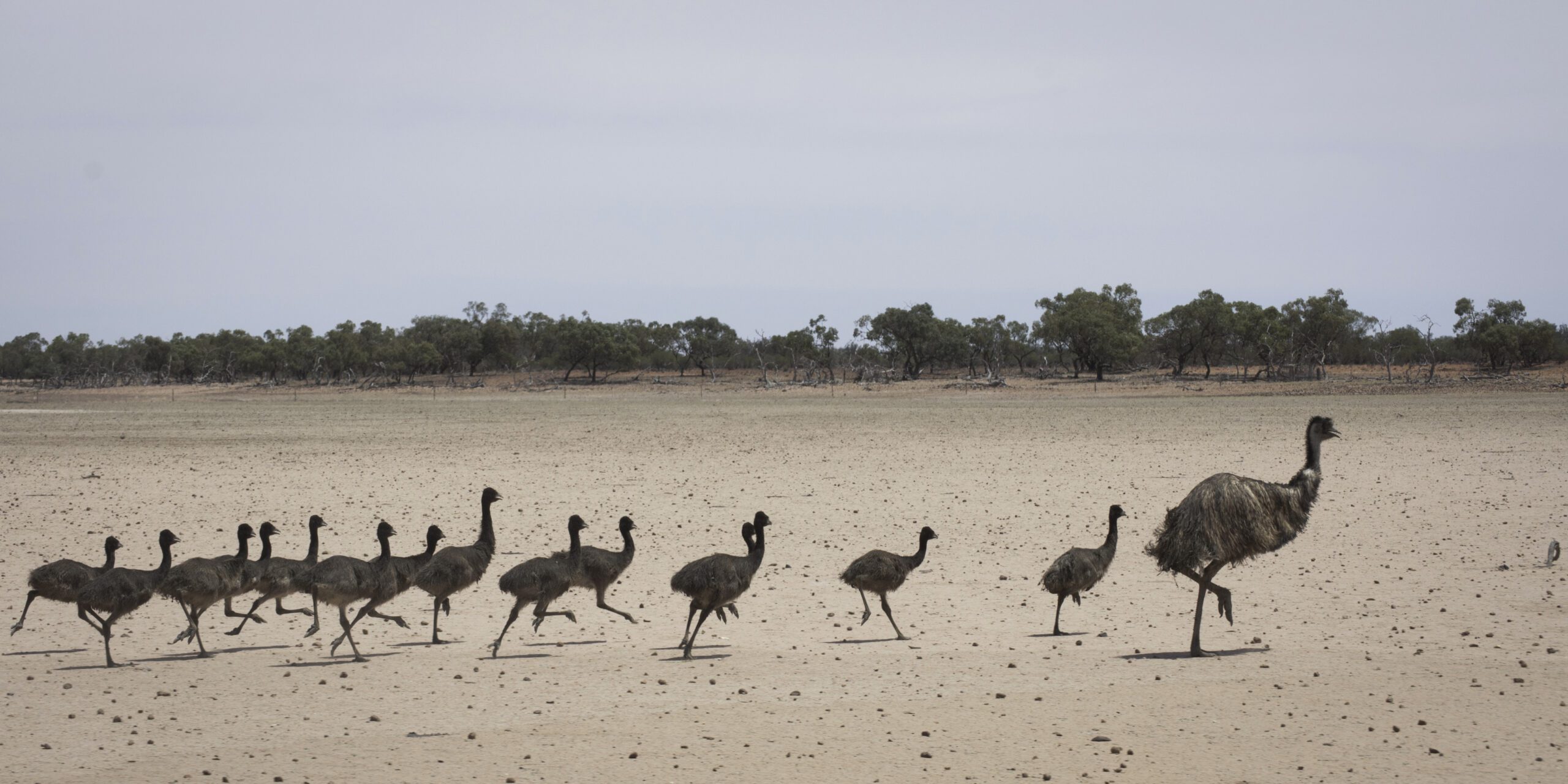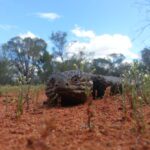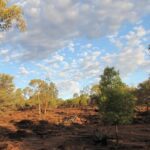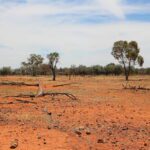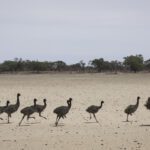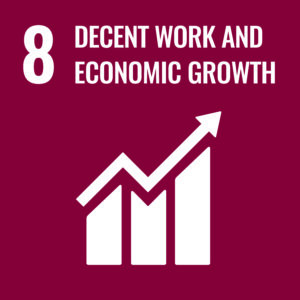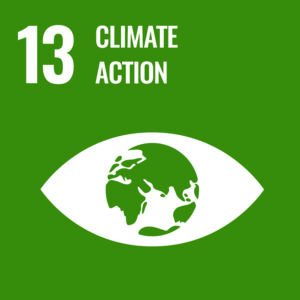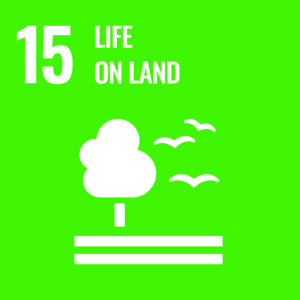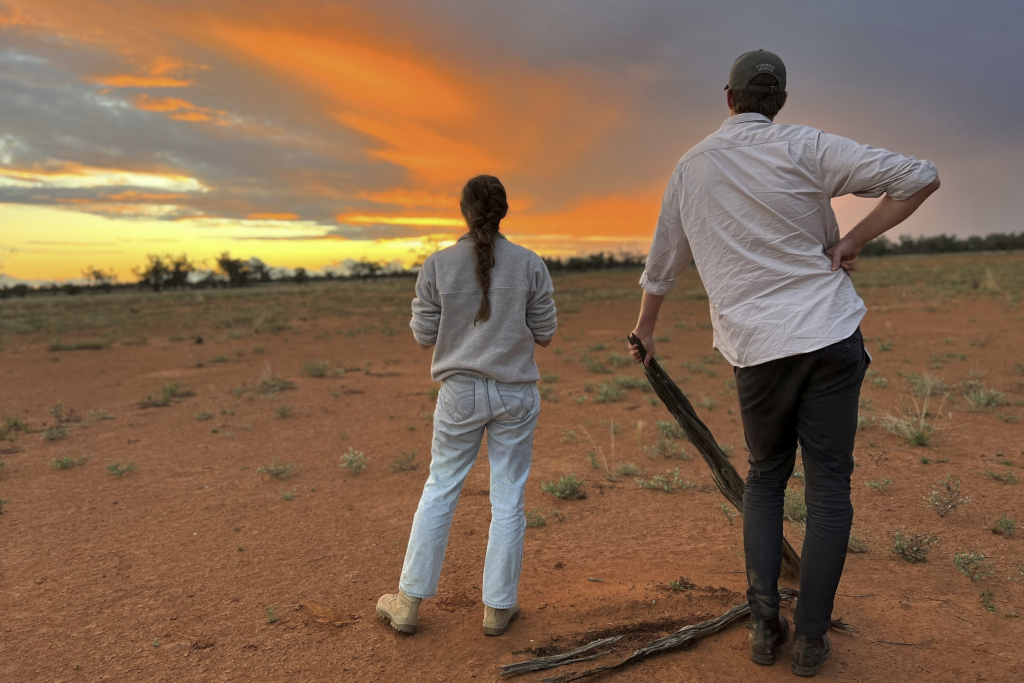Why support this project?
These carbon farming projects work with landholders to regenerate and protect native vegetation. The projects help improve marginal land, reduce salinity and erosion and provide income to farmers. Widespread land clearing has significantly impacted local ecosystems. This degradation and loss of plant species may threatens the food and habitat on which other native species rely.
Clearing allows weeds and invasive animals to spread and affects greenhouse gas emissions. The project areas harbour a number of indigenous plant species which provide important habitat and nutrients for native wildlife. By erecting fencing and actively managing invasive species, the project avoids emissions caused by clearing and achieves key environmental and biodiversity benefits.
Real and Lasting Impact:
Permanence: HIR project activities must generate permanent removals of GHG emissions. This requires that the carbon sequestered and stored in regenerated biomass will not be released due to unmitigated risk factors including wildfire, extreme weather events, over-grazing and feral animal proliferation. HIR projects take extensive action to mitigate risks to the permanence of GHG emissions removals and are subject to a permanence period of 100 years.
Additionality: A project is additional if the GHG emissions removals would not occur without the implementation of the project activities. HIR projects take place on land where native forest growth has been suppressed for at least 10 years prior to the commencement of project activities (the baseline period). HIR projects should demonstrate that land management changes, including the immediate cessation of native forest clearing, would not have occurred without the intervention of the HIR project. Furthermore, HIR projects should demonstrate to the regulator that land management changes are not required by Local, State or Federal Law.
Leakage: In the context of HIR projects, leakage refers to the risk that the commencement of HIR project activities in a Carbon Estimation Area (CEA) leads to a measurable decline in forest cover and emissions increases outside the CEA
SDGs: The project helps to address the following United Nations Sustainable Development Goals:




